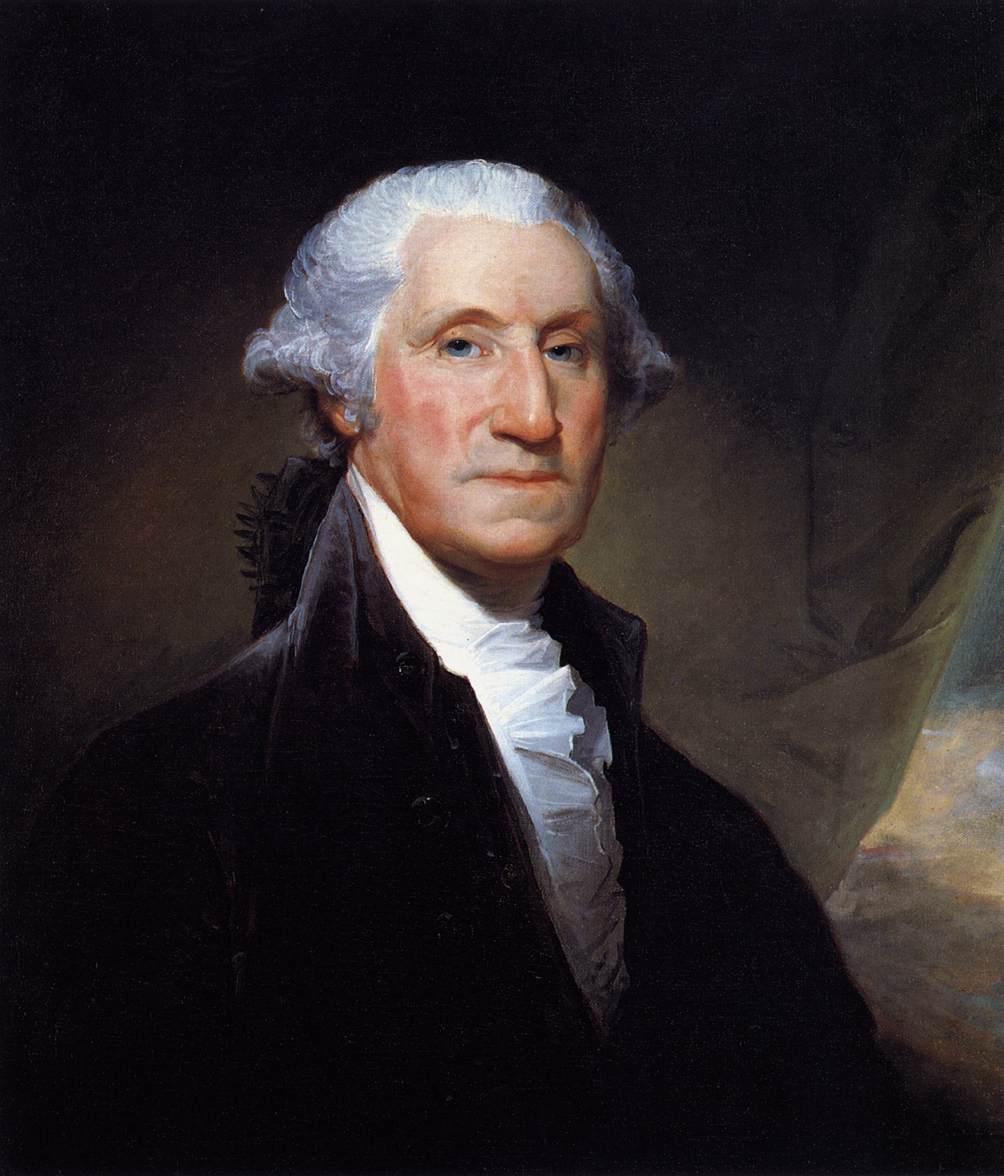On December 31, 1695, Englanders received a new tax, a window tax. One of the main responses to this was the bricking up of many British windows.
This last day of the year in 1991 marked the complete cessation of all institutions of the Soviet Union.
New Year’s Eve 1992 saw the peaceful dissolution of Czechoslovakia into the Czech Republic and Slovakia. This has been dubbed the “Velvet Divorce.”
 On December 26, 1799, four thousand people attended George Washington’s funeral where Henry Lee III honored him as “first in war, first in peace and first in the hearts of his countrymen.”
On December 26, 1799, four thousand people attended George Washington’s funeral where Henry Lee III honored him as “first in war, first in peace and first in the hearts of his countrymen.”